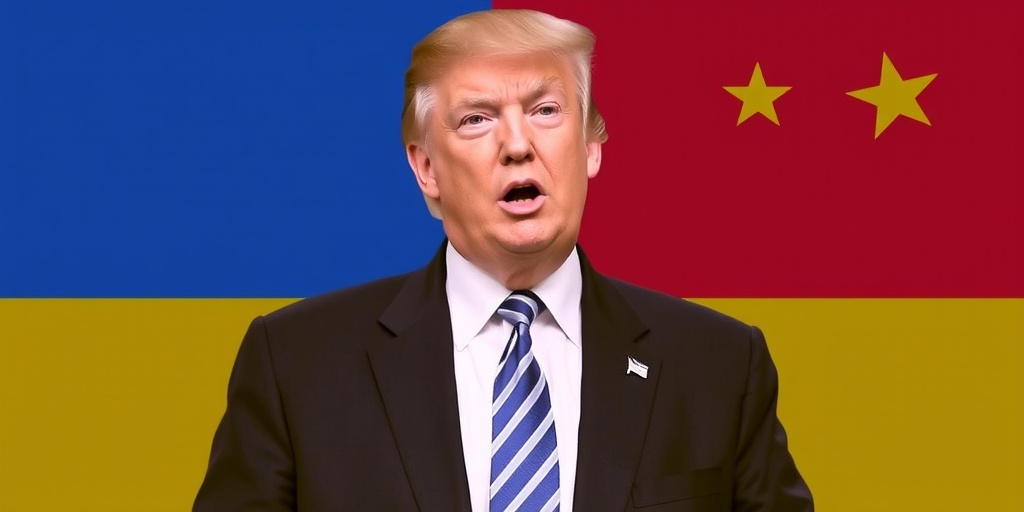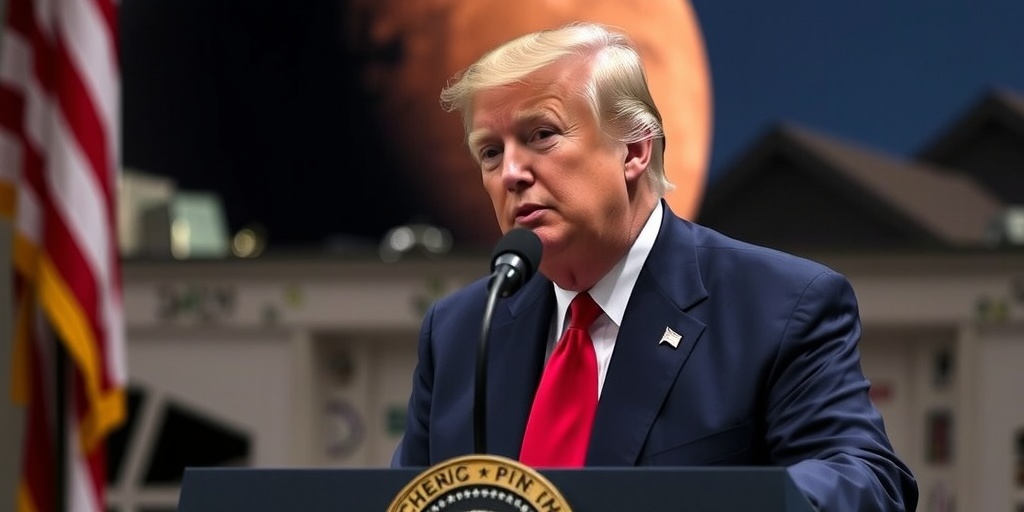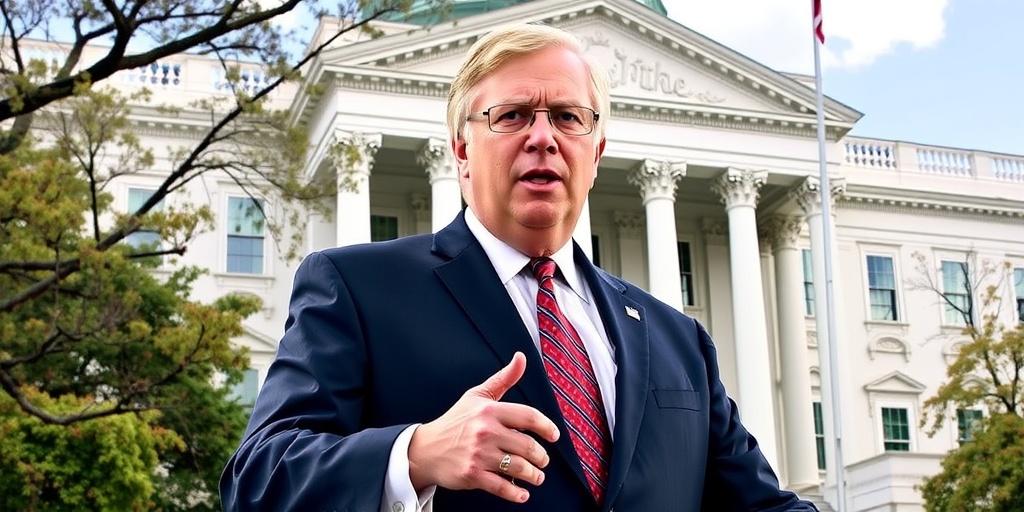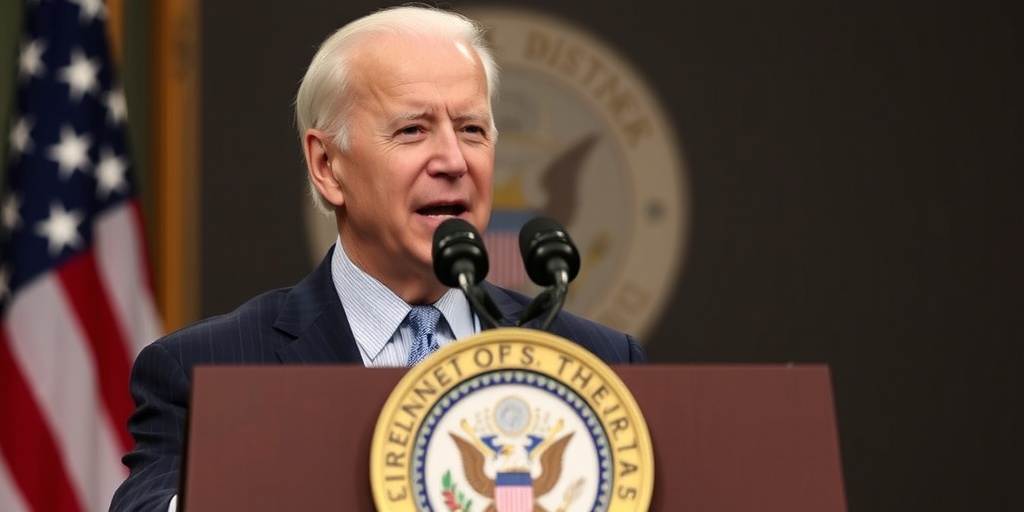Now Reading: What Trump’s Potential Actions Could Mean for Ukraine, Iran, China, and Global Crises
-
01
What Trump’s Potential Actions Could Mean for Ukraine, Iran, China, and Global Crises
What Trump’s Potential Actions Could Mean for Ukraine, Iran, China, and Global Crises

Trump’s Foreign Policy Opportunities: Navigating a Complex Global Landscape
As President Biden recently defended his foreign policy legacy, he issued a challenge to President-elect Donald J. Trump, urging him to “take full advantage of our diplomatic and geopolitical opportunities” created during Biden’s administration. This moment highlights a broader discourse among senior officials in Biden’s national security team, who assert they are leaving behind a world where America’s adversaries are weakened, and allies stand stronger than ever.
The situation today paints a stark picture: Russia remains entangled in a costly war in Ukraine, grappling with significant isolation; China is wrestling with severe economic challenges; and Iran is arguably at its weakest point in recent history. Following 15 months of intense diplomatic engagement, a ceasefire between Israel and Hamas seems imminent, raising hopes for a redefined geopolitical landscape in the Middle East.
However, this narrative from the Biden administration is self-serving, implicitly warning Trump not to squander these opportunities. In stark contrast, Trump’s camp argues that Biden’s chaotic withdrawal from Afghanistan has emboldened Russian President Vladimir Putin, who now perceives a lack of resolve from the U.S. Additionally, they contend that the Biden administration has neglected the Iranian nuclear threat and has not taken a sufficiently hardline approach toward China.
Amidst these contrasting perspectives, several diplomatic avenues could be available to Trump as he assumes office. Nevertheless, caution is warranted; history indicates that Trump may resort to threats of military action to achieve desired outcomes, as evidenced by his past dealings with Iran and controversial discussions around territories like Greenland and Panama.
The first significant task on Trump’s plate will likely be addressing the ongoing conflict in Ukraine. Observers speculate whether Putin is seeking an exit strategy from a war that has already resulted in immense losses for Russia, with nearly 200,000 dead and hundreds of thousands injured. Trump has hinted at a potential agreement to end the conflict swiftly, perhaps within 100 days of taking office. However, establishing a lasting and sustainable peace will be more complex than mere promises.
Experts believe any potential deal would likely see Russia retaining its presence in the approximately 20% of Ukraine it currently occupies, drawing parallels to the armistice that halted the Korean War in 1953. A significant hurdle will be ensuring that this ceasefire is accompanied by robust security guarantees to prevent Putin from using the pause to regroup and prepare for new offensives. One contentious point will be whether Trump will continue the U.S. support that provides Ukraine with intelligence and munitions.
Alongside Ukraine, another critical issue for Trump will be Iran. Recent developments indicate that Iran, facing myriad challenges, may be more open to negotiations regarding its nuclear program. The Islamic Revolutionary Guard Corps is reportedly ramping up its uranium production while simultaneously indicating interest in engaging with the U.S. Nonetheless, signs suggest Iran is positioning itself to accelerate toward potential nuclear armament, leaving Trump with a critical decision to either engage diplomatically or risk military confrontation early in his new term.
The Biden administration emphasized that although Iran has the resources to develop multiple nuclear weapons quickly, there remains no decisive indication that the Iranian leadership has opted to do so. Yet, caution is warranted; should Israeli Prime Minister Benjamin Netanyahu advocate for military action against Iran’s nuclear facilities, Trump may find himself caught between his ally’s aggressive stance and the potential for escalating conflict.
In addition to the Middle East and Ukraine, Trump faces challenges regarding China. The tension surrounding Taiwan is expected to be paramount, but the issue of TikTok has emerged as a more immediate crisis that Trump must address. His previous attempts to force TikTok’s sale due to national security concerns have become complicated, especially as the platform plays a significant role in his campaign efforts.
The growing partnership between China and Russia poses a formidable challenge that could reshape global alliances. How Trump navigates this relationship will be indicative of his broader strategy in foreign affairs, especially with regard to technology competition, including artificial intelligence.
The Biden administration’s recent measures, which seek to curtail China’s access to advanced technology, lay the groundwork for Trump’s administration to consider both innovation and security. His choices will determine how effectively the U.S. manages its relationship with China in the rapidly evolving landscape of international politics.
As Trump steps into office, he possesses a unique opportunity to influence the geopolitical landscape significantly. However, achieving meaningful progress will require careful negotiation, a clear strategy, and the ability to reconcile diverse interests both domestically and internationally. The coming months will reveal whether the former president can successfully navigate the complexities of foreign policy in a way that aligns with both his own vision and the realities of the global stage.
Stay Informed With the Latest & Most Important News
Previous Post
Next Post
-
 01New technology breakthrough has everyone talking right now
01New technology breakthrough has everyone talking right now -
 02Unbelievable life hack everyone needs to try today
02Unbelievable life hack everyone needs to try today -
 03Fascinating discovery found buried deep beneath the ocean
03Fascinating discovery found buried deep beneath the ocean -
 04Man invents genius device that solves everyday problems
04Man invents genius device that solves everyday problems -
 05Shocking discovery that changes what we know forever
05Shocking discovery that changes what we know forever -
 06Internet goes wild over celebrity’s unexpected fashion choice
06Internet goes wild over celebrity’s unexpected fashion choice -
 07Rare animal sighting stuns scientists and wildlife lovers
07Rare animal sighting stuns scientists and wildlife lovers




















